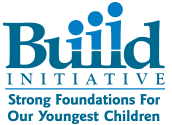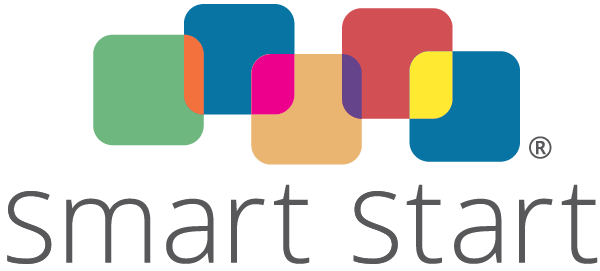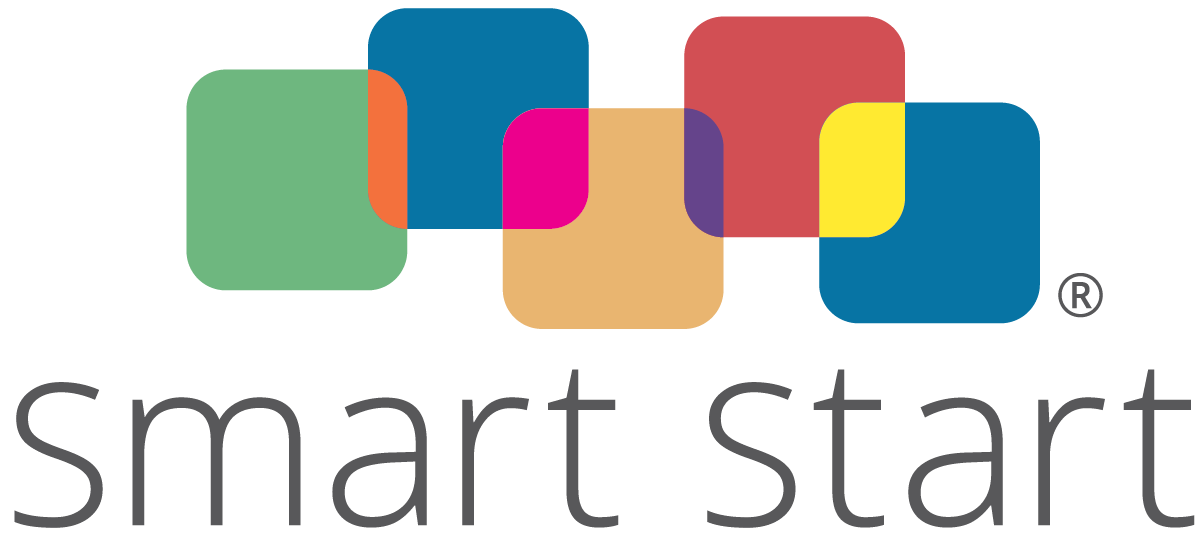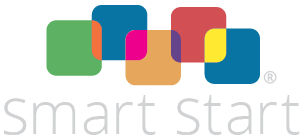Leading with an Equity Lens: when will we talk about it?
 This post is part of a series written by Smart Start leaders chosen to participate in the Equity Leaders Action Network (ELAN), launched by The BUILD Initiative in 2015. Over the next three years, ELAN leaders will work together to identify, address and take action on issues of inequity based on race, ethnicity, language and culture in our early childhood state systems.
This post is part of a series written by Smart Start leaders chosen to participate in the Equity Leaders Action Network (ELAN), launched by The BUILD Initiative in 2015. Over the next three years, ELAN leaders will work together to identify, address and take action on issues of inequity based on race, ethnicity, language and culture in our early childhood state systems.
One evening during the institute, we were asked to reflect on a personal experience about the impact of our early experiences of race, class, or cultural identity. Overnight, I wrote in my journal, “I don’t feel worthy as a white person to even share a painful or confusing experience. I have no pain compared to experience endured by people of color.” I grew up in small towns during the 1950s-60s where I was very sheltered. I literally never saw a person of color until moving to the Washington DC area in the fifth grade, and to Virginia for middle school and high school. I was aware of injustices and watched the civil rights movement unfold on television, but my family and I never talked about it! I was raised in the church with a heart for service and justice, but we never talked about it! This was my only confusion…why weren’t we talking about it?
The next morning at the Institute, the facilitator (whom I know) asked me if I would consider sharing on the panel. I said I’d think about it, but began to get a little teary-eyed, because deep down, I knew that my story was the story of so many privileged white people, who had never talked about it. So, yes, I shared with the whole group after listening to three other very painful childhood stories from my colleagues of color. Before I spoke, I asked that we honor their pain, hurt and tears that was still so raw many, many years later. We were quiet for just a minute…and then we began to talk about it!
Diane Umstead, Community Development Director, The North Carolina Partnership for Children



Hi Diane,
I got goose bumps as I read your post and reflected back as I sat next to you as you told your story. You are a strong, beautiful, woman and I am proud of you in so many ways.